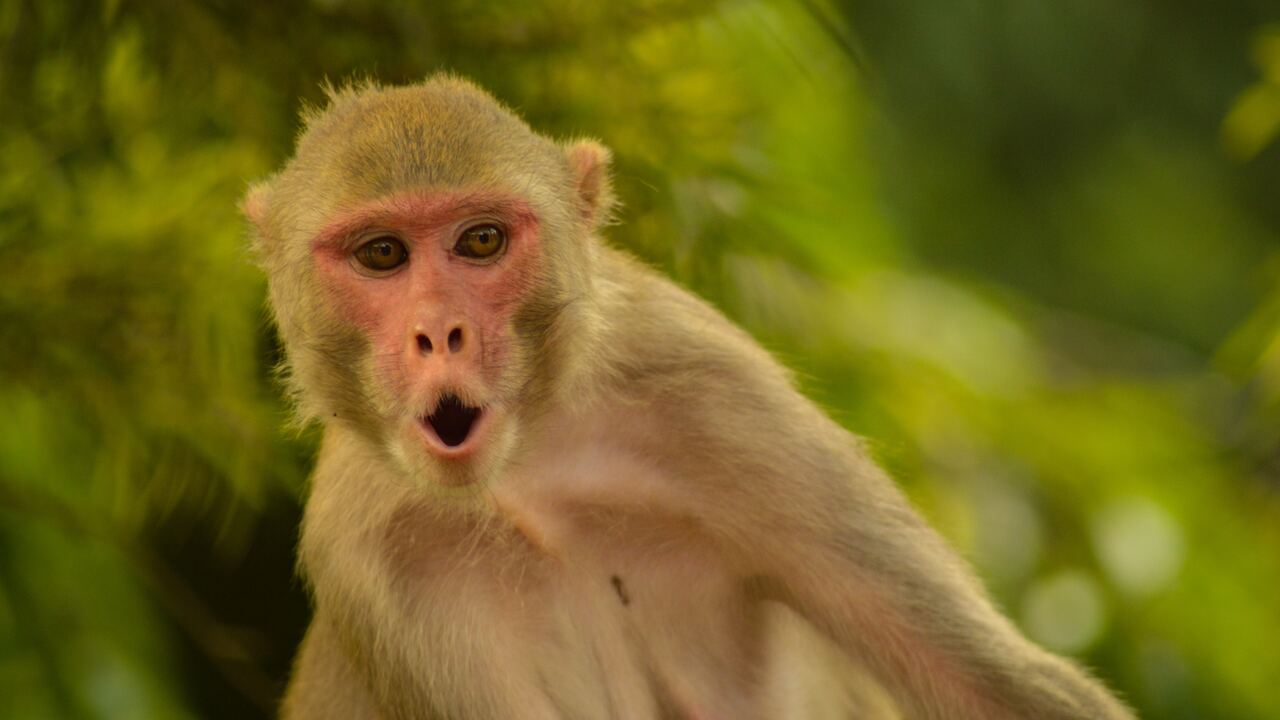A team of scientists from the Chinese Academy of Sciences in Shanghai used embryonic stem cells from macaque embryos grown in labs for generations and modified laboratory conditions to stimulate their further development. The resulting clusters of cells are called blastoids. After the blastoids had grown in vitro for seven days, the team ran a series of tests on them to see how similar they were to typical embryos. In this way, the team analyzed more than 6,000 individual cells.
These tests revealed a close similarity between stem cell-derived embryos and normal monkey embryos. Some blastoids grew longer – up to 17 days. Some scientists not involved in the study say more evidence is needed on how similar they are.
The experiment was performed on eight adult monkeys, and although some blastoids successfully implanted and formed a yolk sac, monkey blastoids stopped developing and appeared to disintegrate within 20 days of transplantation.
The researchers believe that more work needs to be done before it can be determined whether blastoids can eventually produce a fetus in this way.
Source: Ferra
I am a professional journalist and content creator with extensive experience writing for news websites. I currently work as an author at Gadget Onus, where I specialize in covering hot news topics. My written pieces have been published on some of the biggest media outlets around the world, including The Guardian and BBC News.










